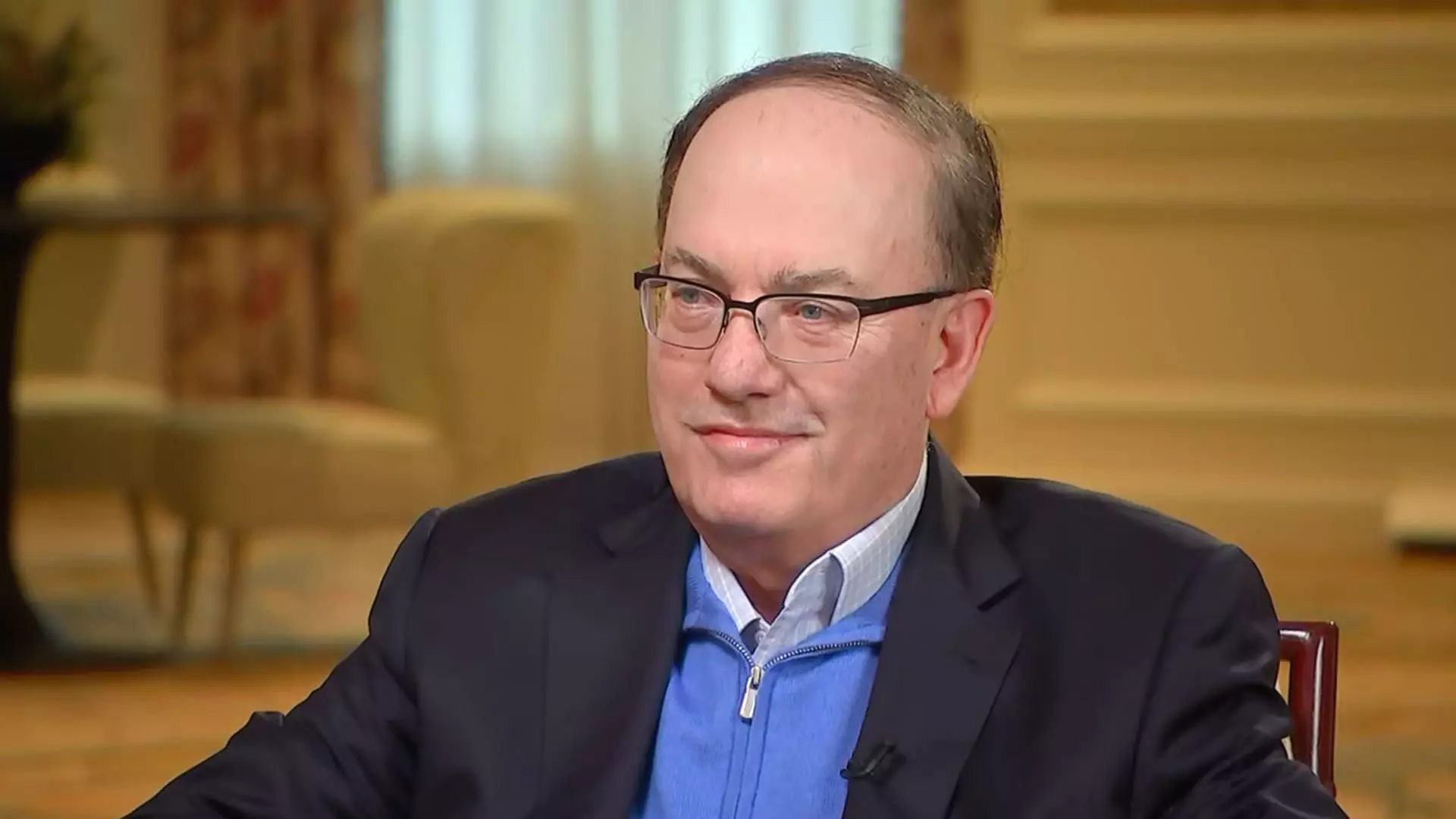Billionaire investor and hedge fund manager Steve Cohen has recently shared his increasingly bearish outlook on the U.S. economy, highlighting a series of challenges that could hinder growth. Cohen, the head of Point72, attributed his concerns to a confluence of factors including punitive tariffs, stringent immigration policies, and significant federal spending cuts initiated by a government efficiency initiative. These elements reflect a critical intersection of government policy and economic performance that could shake the foundations of market stability.
At the forefront of Cohen’s worries is President Donald Trump’s assertive trade approach, which has led to concerns about inflation and a potential reduction in consumer spending. Cohen articulated that tariffs function as a tax, ultimately burdening consumers and businesses alike. This perspective sheds light on a broader economic narrative where protective measures may inadvertently lead to negative consequences for overall demand. Additionally, Cohen pointed towards a slowdown in immigration as a factor that could stunt labor growth. In his view, when the workforce is constrained due to immigration policies, the economy’s capacity to expand and adapt suffers, which in turn affects productivity and innovation.
Cohen’s critique extends to federal spending cuts championed by influential figures like Elon Musk, who aims to reduce expenditures by an unprecedented $2 trillion. According to Cohen, the ramifications of such a drastic reduction could reverberate through the economy, stifling growth that has been fueled by government spending over the years. He argues that eliminating this fiscal influx could lead to broader economic contraction, making it difficult for both businesses and consumers to sustain momentum. This apprehension underlines a fundamental worry that while cost-cutting can be beneficial in the long run, the immediate effects might prove detrimental, particularly in a vulnerable economic climate.
Amidst this landscape of uncertainty, Cohen believes that the stock market may be on the brink of a significant pullback. His projection of a slowdown in U.S. economic growth from 2.5% to 1.5% signals a period of potential volatility. Cohen’s assertion that we may be entering a ‘regime shift’ hints at a transformative phase in the market, where both investors and stakeholders need to recalibrate their expectations. He has cautioned that, while this tumult might be temporary, it is critical for the investment community to prepare for what he characterizes as a scenario ripe for correction.
Steve Cohen’s insights deliver a sobering outlook on the future of the U.S. economy. His assessment highlights the interconnectedness of fiscal policy, labor market conditions, and trade regulations, which together create a complex backdrop for financial markets. As investors contemplate their next moves, they must navigate this intricate economic landscape with an acute awareness of the potential pitfalls that lie ahead. Cohen’s perspective serves as a vital reminder of the influence that public policy and economic strategy wield over market dynamics and the broader economy.

